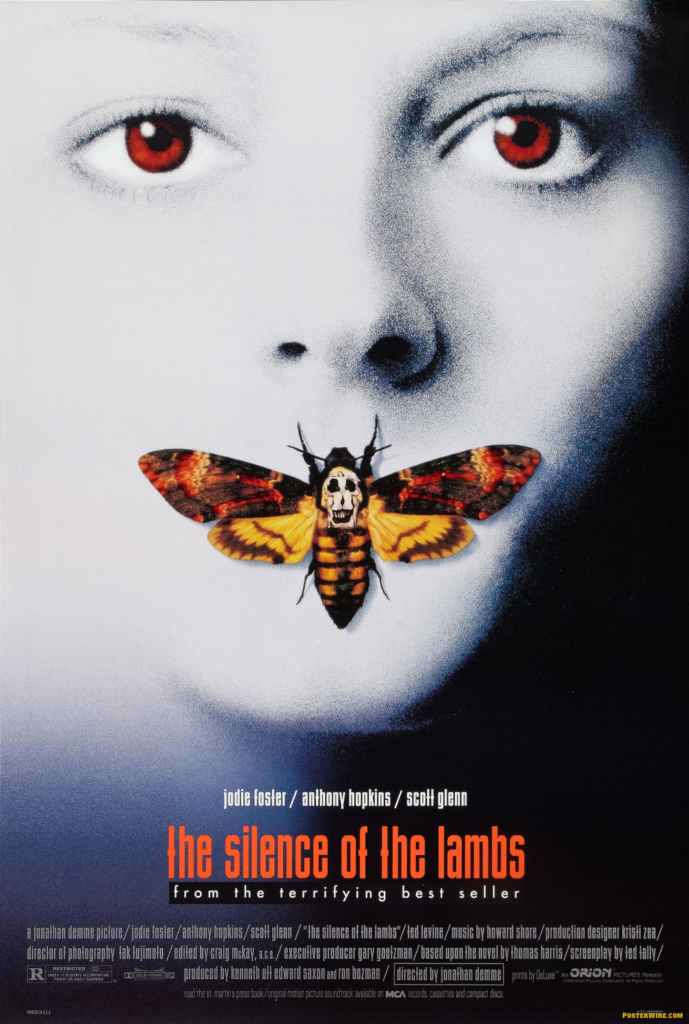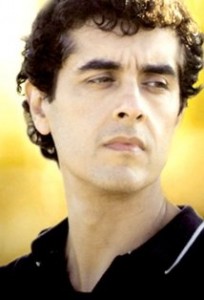Tony Zierra is the director of the recent documentary “My Big Break”, which follows the early careers of Wes Bentley, Chad Lindberg, Brad Rowe and Gregory Fawcett. Tony took out some time to chat with Media Mikes about its 10 year journey to the public.
Mike Gencarelli: How do you feel that “My Big Break” has finally be released to the public?
Tony Zierra: Relieved. One of the great gratifications a filmmaker has is to see their work done and to know that it has a chance to find its audience I’m always deeply touched when I hear someone has seen “My Big Break ” and was affected by it and understood what it’s about.
MG: Was it worth it for the 10 years it took to make and release?
TZ: Was it worth it? Yes. Did I want it to take 10 years? No. Absolutely not. The one thing that I can say is that the length of time it took to take the movie gave me a deeper understanding of the business, the life of the celebrity, the reality of filmmaking and allowed me to convey that in the film. It would be impossible to grasp that in two or three years. As annoying as it is to take that long to do something, when it’s done you really do appreciate all the hard work. That kind of lengthy process creates layers that you can only accomplish with time. Also, time allowed me to follow what would happen to each individual, including myself, before during and after “their break” and created a natural arc for the characters and the film.
MG: What do you think was the most difficult aspect in this road?
TZ: Resources and people’s commitment or lack thereof to the project, and the industry’s fear of exposure.
MG: Do you still keep in contact with Wes Bentley, Chad Lindberg, Brad Rowe and Gregory Fawcett?
TZ: Yes, but in varying degrees.
MG: Ever consider doing another documentary in another 10 years to follow-up on their careers?
TZ: I might, but if I wouldn’t do it if I were them. it’s very difficult for actors or any celebrity to put themselves in that position.This type of “real” reality, not the constructed reality we see on television, is too intense and revealing for them to willingly take part in. Probably the only reason they agreed to do it originally was because they were unknown.
MG: How does “My Big Break” compare to the tossed documentary “Carving Out Our Name”?
TZ: “My Big Break” is more revealing, layered and truthful. “My Big Break” is storytelling and “Carving” was filmmaking. “Carving” was honest to a certain degree, very visual, with a sense of “show-off” because I was hoping that it would be my ticket to working as a filmmaker in Hollywood. I was playing the game to get into the system. When you’re making a film in the business you’re already thinking about your next film so there’s a self-conscious aspect to it. True storytelling, though, is not affected by any of that. You’re only focused on the truth of the subjects as characters in the story. Also, “Carving” had a lot in it aboutrelationships each guy had with their then girlfriends and their friendship with each other but ‘My Big Break” is purely about the each one of us in relationship to the business. There was no narration in “Carving”, I never appeared in it at all. I put my story into “My Big Break” because I felt it was only fair to the actors to expose my own pain, vulnerability and disappointments if I was going to do that to them
MG: What are you currently working on? Ever plan on directing again?
TZ: I’ll always be interested in storytelling and there are different ways to do that outside of the system. For example, I’m working on a documentary about Stanley Kubrick but I don’t really see it as “making movies” in a standard way – I’m telling a story. I’m currently writing a book about my experiences that include, but are definitely not confined to, my time in Hollywood. And there are always other projects in the works.


